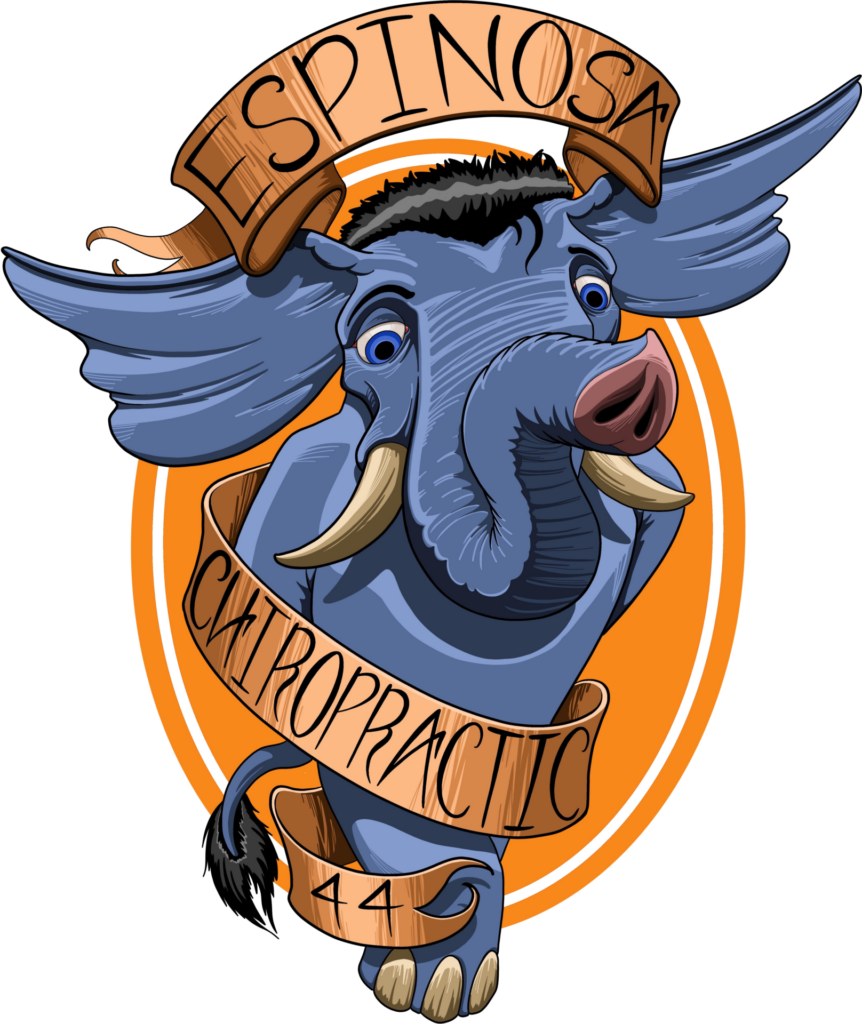Herniated discs: the different types
The discs that accentuate our spinal columns are hard workers. As the shock absorbers for one of the most crucial structures in our body, they accumulate an enormous amount of wear and tear over the years. Named for their location in the spine- cervical, thoracic and lumbar, these discs support the weight of our body, allow us to twist and turn and move our heads side to side. As we grow from youth into adulthood and old age, the discs are asked to support more weight and withstand more accumulated movement. More weight means more compression and the discs can only support so much. At a certain point, they may tear, allowing fluid to bulge from their center and pressurize nearby nerves. This is called a herniated disc and it can be cripplingly painful.
The three types of herniated discs:
In the neck we find the cervical discs, which support the weight of the head. Along this part of the spinal column is a pivot point that allows us to move our head from side to side. This repetitive motion of the head is responsible for the primary degradation and herniation of cervical discs. Besides being a pain in the neck, cervical disc herniation can radiate pain to the shoulders and arms and refer it to nerves in the head, creating painful headaches.
The thoracic discs are the least vulnerable to herniation. Tears in these discs are most often associated with poor posture, or traumatic injuries involving sports or automobile accidents. Depending on its location, pain can be felt in the lower and upper body.
Lumbar herniated discs are the most common form that we treat at Espinosa Family Chiropractic. These discs bear the most burden of our weight and a healthy lumbar region is critical to a full range of motion. As more weight is added, the disc experiences more compression. At a certain point, the disc may tear. Pain associated with these discs is usually localized but can impact the lower body and cause sciatica, if the sciatic nerve is pressured.
If you suspect you may be suffering from a herniated disc at any point in your spine, it is important to consult with a specialist. These are common, but serious injuries and the spine will usually heal itself in the matter of weeks to months. Our treatment intends to speed this healing process and provide you with pain relief in the meantime. Our office in Sacramento can be reached at (916) 457-8825. We look forward to hearing from and helping you with your herniated disc.
Dr. Raymond Espinosa, D.C.
